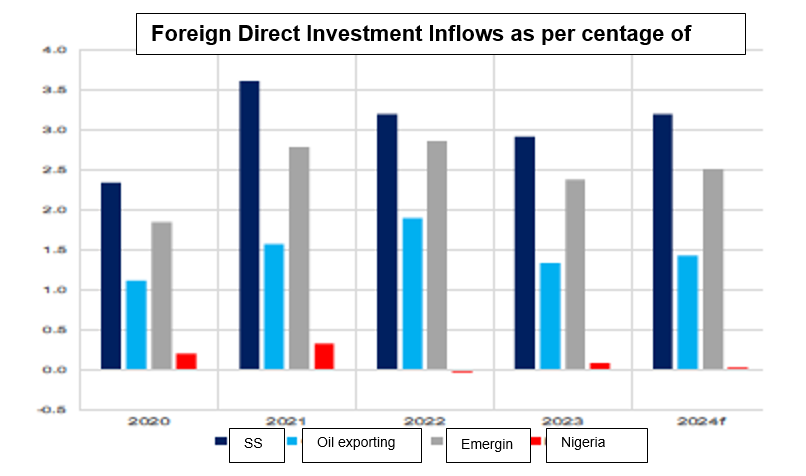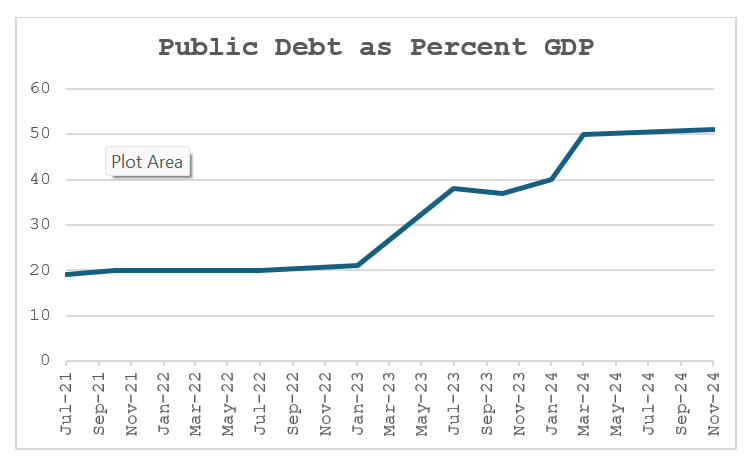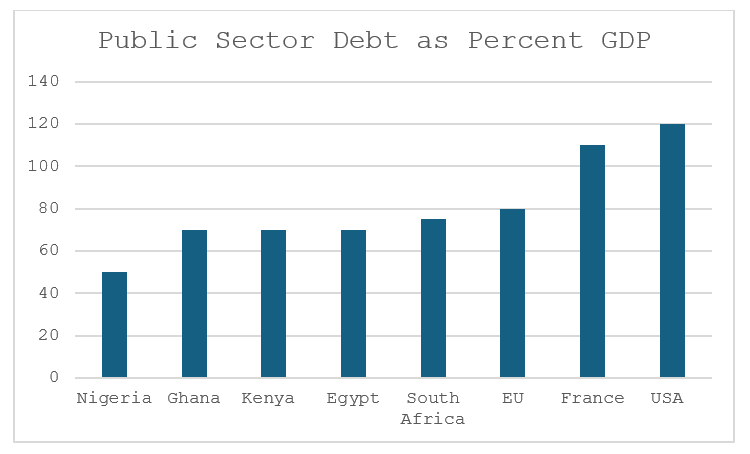By Alex Batubo
Bola Tinubu is implementing the standard economic reforms recommended by the IMF and World Bank since the 1980s. These aim to make companies more profitable and to attract foreign investment. The key policies now are removing petrol subsidy, allowing the naira to devalue and to increase taxation, especially VAT. All these have increased inflation, made the rich richer and the poor poorer. The Guardian confirmed this view causing anger in Aso Rock: https://tinyurl.com/4e85dtje
World Bank and IMF are celebrating Tinubu implementation of final planks of neoliberalism.
But this was not the path taken by governments in South Korea, China etc that led to the massive development of their economies.
The aim of T-Pain’s reforms is to attract foreign direct investment, but that is already comparatively low in Nigeria as the following graph shows. In addition, some international firms have left in the last couple of years, as they consider the risks from insecurity and corruption to be too high.

The foreign direct investment in the country is now the lowest it has been in the last 11 years. Foreign direct investment declined by 65% on a year on year basis, falling from US$86 million in the second quarter of 2023 to US$30 million in the second quarter of 2024.
Total Nigerian public sector debt has increased rapidly in the last couple of years. This is strange as the Government claims to have saved so much money from ending fuel subsidy and stopping support for the naira.

Despite this increase in government debt, the debt in Nigeria is relatively low in comparison to other governments as the following graph shows:

In addition, the public sector debt in Nigeria is mainly held locally in naira, so it has not been affected so greatly by the huge depreciation of the naira over the last 18 months.
The Nigerian economy has grown massively in the last 25 years, but all the gains have been taken by the rich and the corrupt elite. Trade unions have the power to change this – we need to argue and organise for that power to be used now!
To read more on the Nigerian economy see this post: https://socialistlabour.com.ng/2024/10/09/we-are-poor-people-living-in-a-resource-rich-nation/






